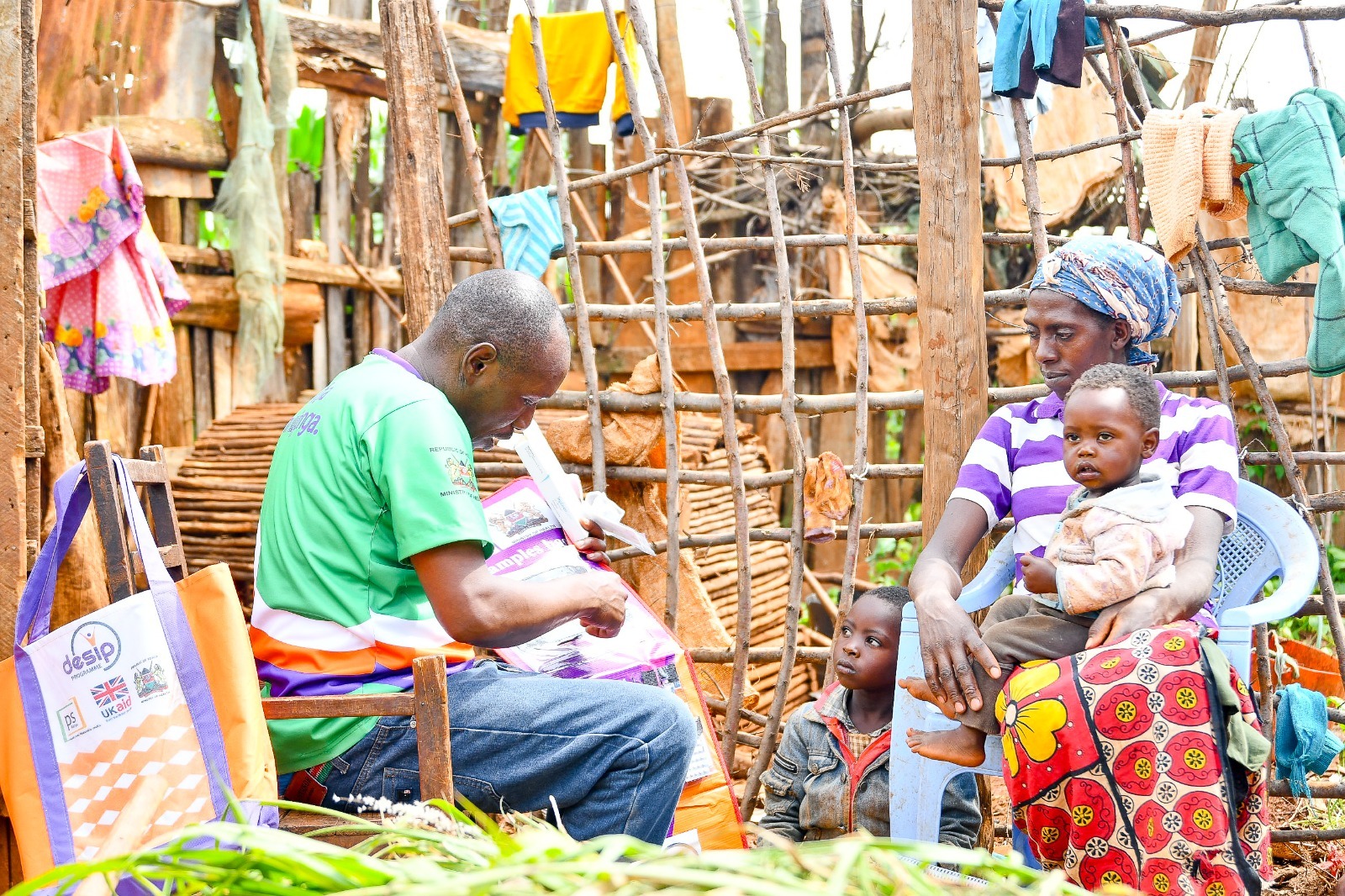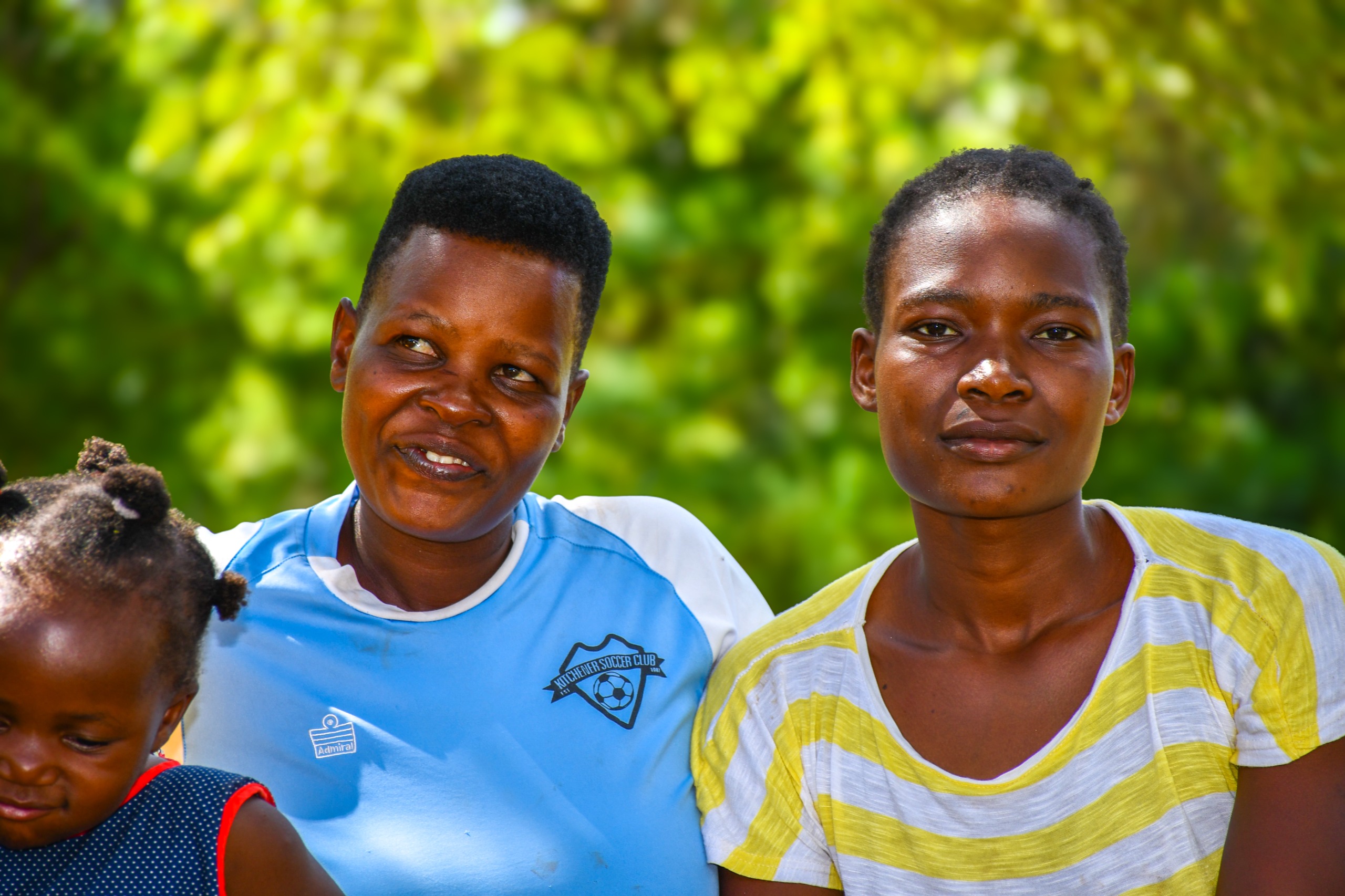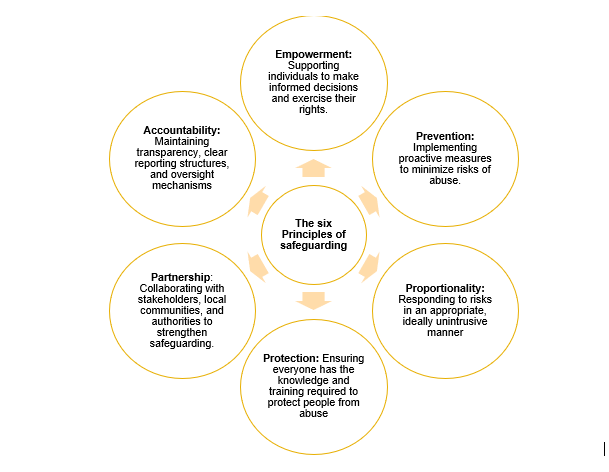Introduction
In an uphill battle of recovery from TB, an individual always faces
challenges, but when a child is affected, the determination of a mother rises
to conquer with the support of PS Kenya’s TB program. This is the story of how
Rose* won her battle against the tuberculosis.
Backstory
Rose*, a TB patient, was brought in from the cage by a well-wisher to Likoni
Sub-District Hospital with complaints of a productive cough, which was of no
specified duration, accompanied by chest pains, a loss of appetite, and noticeable
weight loss. She was seen by the clinical officer attached to the chest clinic,
who took a comprehensive history and physical examination.
Seeking Treatment and Support
After assessment of her condition, Rose* was referred to the lab for
appropriate tests to determine a diagnosis and treatment plan. A pregnancy test
was also administered and returned with positive results. She was taken through
the results and the basics of how she got infected with the disease. She was
also provided with psychosocial counseling to help her get through the rough
journey that lay ahead.
With the guidance of a committed team of healthcare providers, Rose*
enrolled in TB treatment and the antenatal clinic. She was well adherent to her
medication, with no side effects reported until the third month, when she
defaulted on her clinic appointment(s). She couldn’t be traced back to
treatment because the good Samaritans provided no address or contact
information at the time of Rose’s enrollment.
Overcoming Challenges
Six months later, a Community Health Volunteer (CHV) reported having been in
contact with Rose*, who was admitted to Coast General Hospital, where she had
delivered a premature baby. It was during this period that the CHV managed to
listen to her stories, including why she defaulted on her medication. She,
however, didn’t fault her but encouraged her to resume her care based on the
assessment that she still exhibited the TB symptoms. She agreed and promised to
present herself and the baby to the facility upon discharge. She returned to
the facility as promised, but this time she was accompanied by her spouse. They
both did the necessary tests and were found to have rifampicin-resistant TB.
Rose* opened up and said that her primary reason for defaulting treatment was domestic
violence from her alcoholic and non-supportive spouse, mainly engaging in
physical fights. Her child was also started on treatment because she was in
constant close contact with her primary caregiver, Rose*.
On the other hand, the baby’s condition was deteriorating with failure to
thrive, poor breastfeeding, inactivity and difficulty breathing, delayed
milestones, and recurrent pneumonia. Her weight was 3.5 kg, with a pulse rate
of 100 beats per minute. There was an immediate need to initiate treatment. The
baby was started on drug resistant TB (DRTB) treatment in line with the
mother’s resistance pattern.
A Message of Hope
Currently, Rose* has successfully completed treatment and been declared cured.
The child, who is now one year and six months, has gained weight from
3.5 kg to 12.9 kg. Her operational and developmental milestones have
significantly improved, as she is now up and running and very active after 12
months of treatment.
Advocacy and awareness
Rose* now feels motivated, thanks to the monthly support she and her child
are receiving from PS Kenya. With the money she receives from AMREF and
provisions from PS Kenya, Rose can comfortably fend for food for her family.
Inspired by her own journey, Rose* trained as a DRTB champion and is actively
involved in referring others to seek early diagnosis and treatment from the
community. The husband is now very supportive of his family, thanks to the
routine home visit conducted by the PS Kenya adherence counselor and the DOT
clinician.
About TB
PS Kenya has been implementing various projects in partnership with National
Tuberculosis and Leprosy program, county governments and other development
partners in Kenya. For the last 3 years our focus has been improving TB case
detection through private public partnership model and quality improvement
model to address treatment adherence barriers among drug resistant TB patients.
Through the support of Global Fund, Stop TB partnership and USAID our
implementation has covered at least 8 counties. Through the implementation of
the two models several impact results have been realized.



